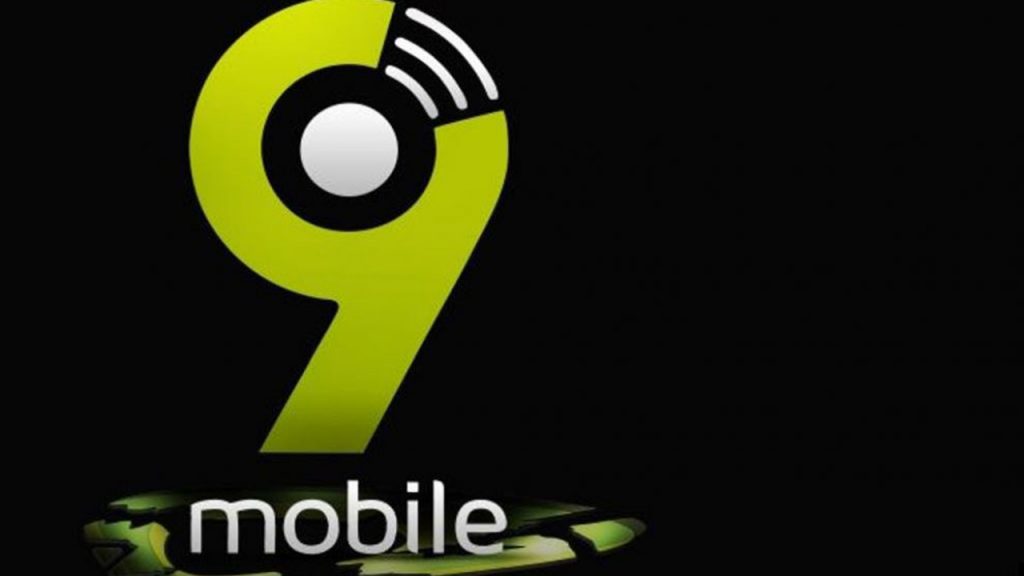The Abuja Division of the Federal High Court has stopped planned sale of the distressed telecommunication firm, Etisalat (now 9Mobile), following a legal action by aggrieved shareholders of the company.
The high court, in a ruling by Justice Binta Nyako, dated April 17, ordered all the parties to maintain status-quo, pending hearing and determination of the suit marked FHC/ABJ/CR/288/2018.
The plaintiffs, Afdin Ventures Limited and Dirbia Nigeria Limited, which claimed to be major investors in Etisalat, told the court that they were left out in the firm’s decision making process, even as they demanded for a refund of their invested funds estimated at $43,330,950.
Cited as defendants in the suit were Karlington Telecommunications Ltd, Premium Telecommunications Holdings NV, First Bank of Nigeria Plc, Central Bank of Nigeria, Etisalat International Nigeria Ltd and Nigerian Communication Commission, NCC.
Justice Nyako had after she had listened to an ex-parte motion the plaintiffs filed through their lawyer, Mr. Mahmud Magaji, SAN, for interim injunctions, held that the “defendants ought to be heard.”
The court therefore ordered the service of all the processes on the defendants, including the 3rd and 5th (First Bank and Etisalat), whose addresses are outside jurisdiction.
The case was subsequently adjourned till May 14 for mention.
Basically, the plaintiffs are praying the court to among others reliefs, declare that the planned sale of Etisalat to Smile.Com and Glo Network, without paying them the money with which they bought their shares, is unlawful.
They also urged the court to order the 1st, 2nd, 3rd and 5th defendants to refund to them the total sum of $43,330,950 with which they bought their 4303395 shares at $10 per share.
The plaintiffs equally prayed the court to award N1billion in general damages against the defendants and in their favour.
in a statement of claim they filed before the court, the plaintiffs said they bought shares in Etisalat from the 1st and 2nd defendants (Karlington Ltd and Premium Holdings) through “a private placement memorandum in which the 3rd defendant (First Bank) served as a custodian of the plaintiffs’ share certificate.”
They said while the 1st plaintiff (Afdin Ventures) “bought 1,300,391 Class A Shares at $13,003,910,” which it paid for on August 14, 2009, the 2nd plaintiff (Dirbia Ltd) acquired 3,300,004 Class A shares at $30,030,040, for which it made payment on September 3, 2009.
The plaintiffs said they paid for the shares through the 1st and 2nd defendants’ First Bank accounts.
In their supporting affidavit that was deposed to by the General Manager of the 1st plaintiff and a director in the 2nd plaintiff, Sani Ibrahim, he told the court that the problem with Etisalat resulted from the mismanagement of its funds.
He said the plaintiffs’ grouse arose from not only the firm’s mismanagement, but also its inability to declare dividends from 2009 till date and the move by the defendants to conduct a clandestine sale of the company at the detriment of the plaintiffs.
According to him, “In 2015, the 1st, 2nd and 5th defendants took several loans from 13 Nigerian banks with a view to expanding and boosting their telecommunication business, but that the money was not properly utilised, leading to heavy indebtedness on the 1st, 2nd and 5th defendants.”
He added that, owing to the resultant heavy indebtedness, the 1st and 2nd defendants “rebranded the 5th defendant (Etisalat) and changed its name to 9Mobile with a view to selling it off and obtaining money to pay its numerous debts.
“The 1st, 2nd, 3rd and 5th defendants have failed to declare dividends on the shares of the plaintiffs since 2009 till date.
“The 1st, 2nd, 3rd and 5th defendants have completed arrangement to sell the rebranded 9Mobile to Smile.Com and Glo Network without the knowledge of the plaintiffs, who are its major investors.
“If not restrained, the 1st, 2nd, 3rd and 5th defendants will sell Etisalat International (also known as 9Mobile) and disappear with the plaintiffs’ investment,” Ibrahim averred.

